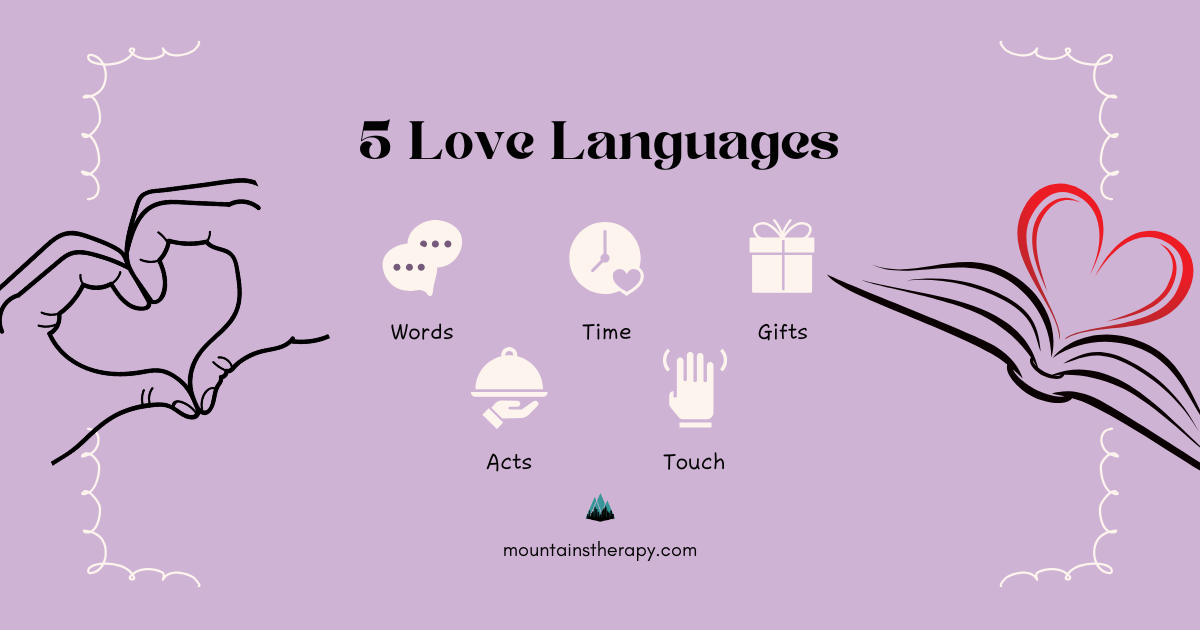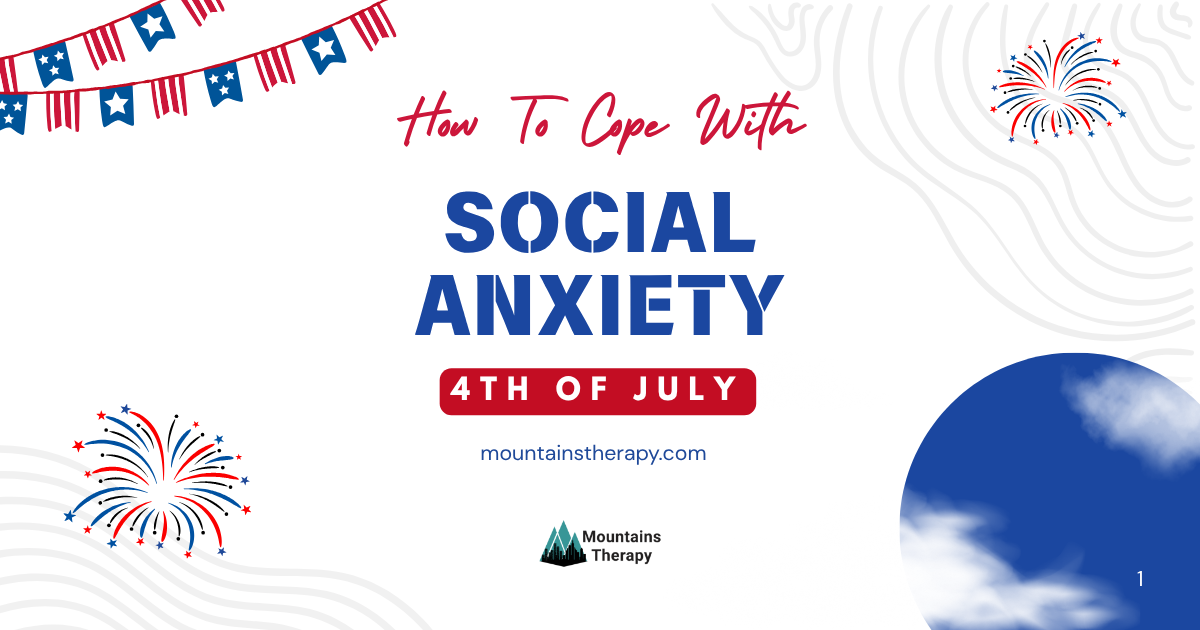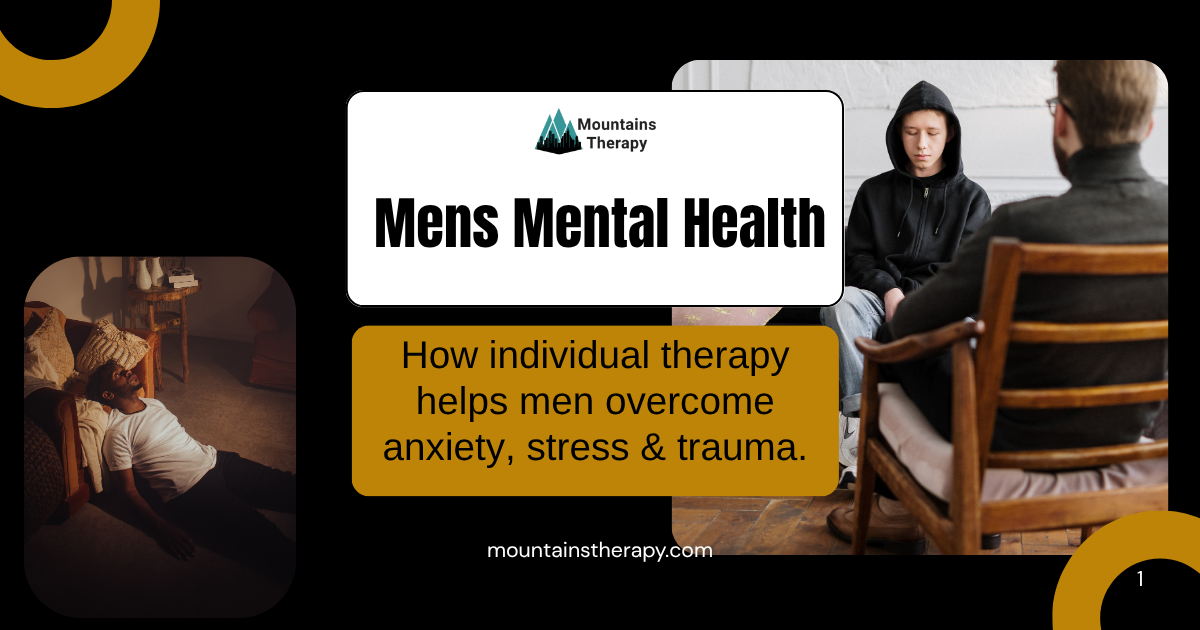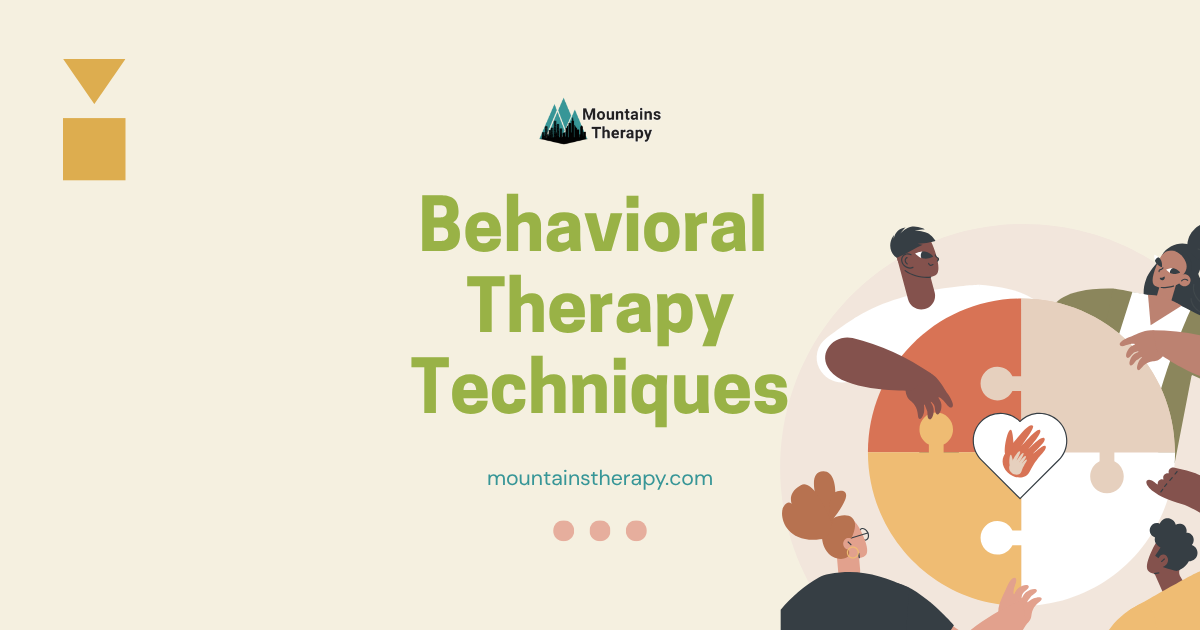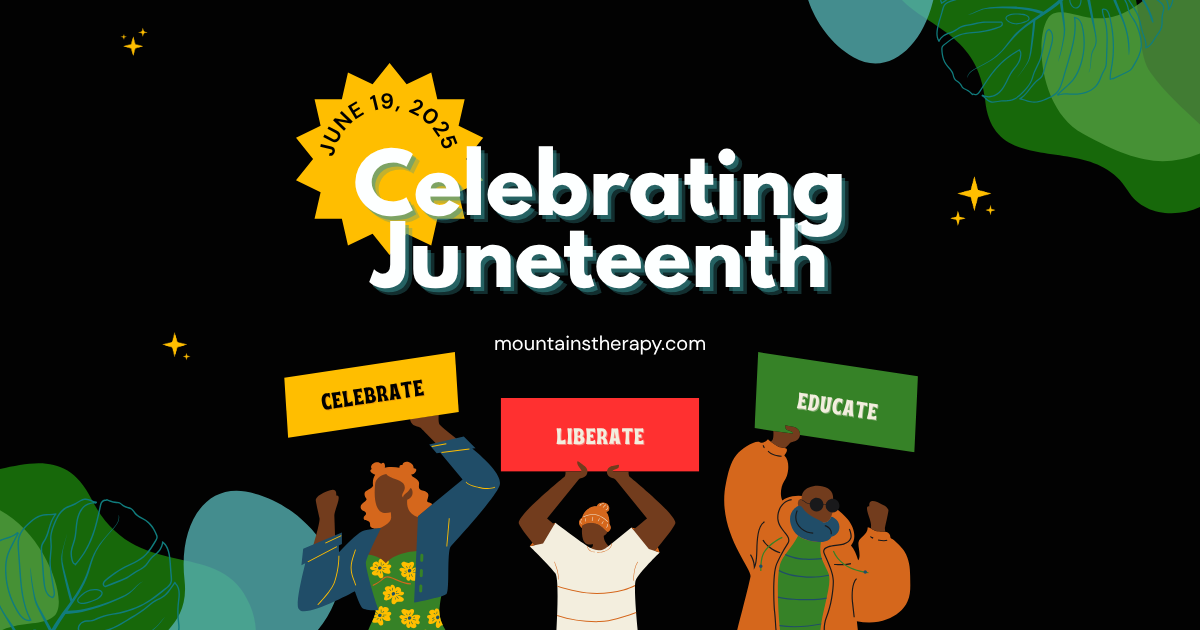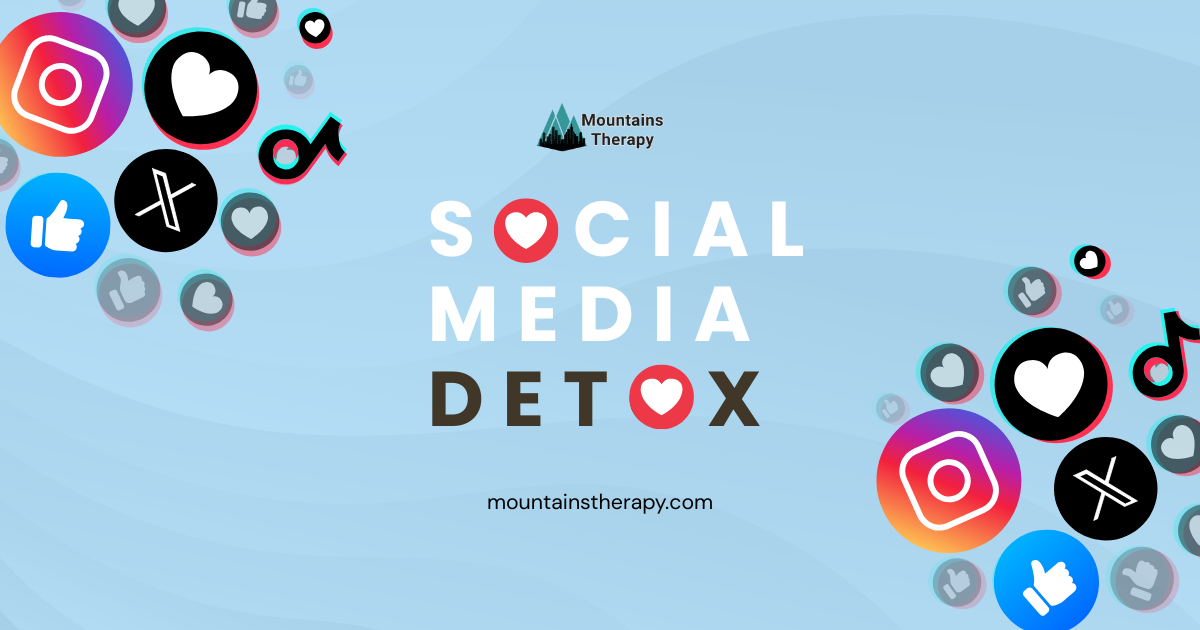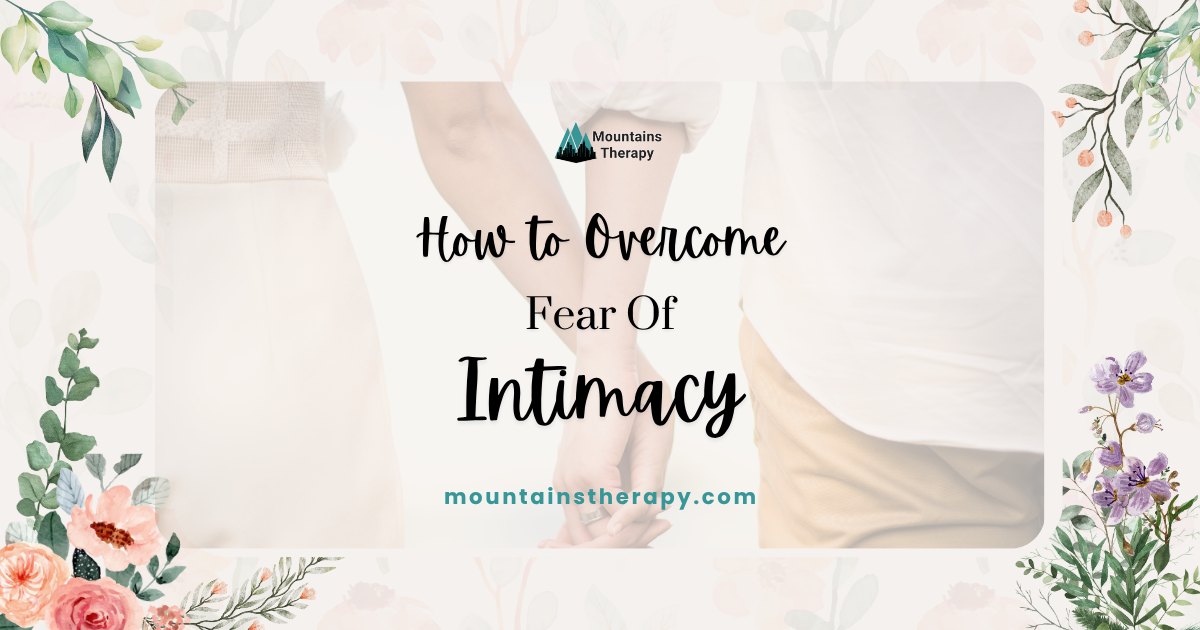Love Languages and Couples Therapy: Understanding Connection in Relationships
Learn more about Couples Therapy.
In This Blog, You’ll Learn:
✅ How love languages work and their impact on relationships
✅ Are love languages real or just a myth?
✅ How best relationship counselors near me can help strengthen communication
✅ Common myths & facts about love languages
✅ Answers to frequently asked questions about love languages
✅ How therapy can help different types of couples and their unique couples counseling needs
What Are Love Languages?
The concept of love languages was introduced by Dr. Gary Chapman, who sought to explain how people express and receive love. If you've ever wondered, "who invented love languages," "who discovered love languages," or "who made love languages," the answer is Dr. Chapman, who identified five distinct love languages:
- Words of Affirmation – Expressing love through verbal appreciation.
- Acts of Service – Showing love through helpful actions.
- Receiving Gifts – Feeling loved through meaningful gifts.
- Quality Time – Valuing undivided attention and presence.
- Physical Touch – Expressing love through physical connection.
But where do love languages come from? Research suggests they are influenced by upbringing, cultural background, and personal experiences. However, experts continue to debate are love languages real and are love languages evidence based. Learn more about marriage counseling.
How Love Languages Affect Relationships
Understanding how love languages affect relationships can help couples connect more deeply. However, issues can arise when love languages don’t match or when love languages are different. Mismatched love languages can lead to misunderstandings and unmet emotional needs.
For example:
- A partner who values Quality Time may feel unloved if their partner prioritizes Acts of Service.
- A person who needs Words of Affirmation may struggle with a partner who primarily expresses love through Physical Touch.
If you and your partner struggle with problems with intimacy in a relationship or need guidance on how to repair a relationship, couples therapy can help bridge the gap. Learn more about relationship therapy.
Are Love Languages Problematic?
While love languages can be helpful, critics argue why love languages are problematic and why love languages aren't real. Some experts suggest that focusing too much on love languages oversimplifies relationships. Others argue that they don't account for deeper relationship issues, emotional attachment styles, or trauma.
Can Love Languages Change?
Yes! If you’ve ever wondered, "can love languages change?" the answer is that love languages are fluid. They can shift based on life experiences, personal growth, or relationship dynamics.
- Can love languages be learned? Yes! If partners communicate openly, they can learn to express love in ways that resonate with each other.
- Can love languages be platonic? Absolutely! Love languages aren't just for romantic relationships; they apply to friendships, family bonds, and even workplace relationships.
Which Love Languages Are Compatible?
Many people ask, "which love languages are compatible," "which love languages are most compatible," or "which love languages work best together?" There’s no single answer, but generally:
- Words of Affirmation & Quality Time complement each other well.
- Acts of Service & Receiving Gifts can align if both partners value thoughtfulness.
- Physical Touch & Quality Time often go hand in hand.
On the other hand, "what love languages are not compatible" or "which love languages are not compatible" depends on individual communication styles. When love languages don’t match, couples may feel neglected or disconnected without understanding why. If you're noticing signs of an emotional relationship where one partner feels more emotionally engaged than the other, the best couples therapists near me can help.
While love languages can be helpful, critics argue why love languages are problematic and why love languages aren't real. Some experts suggest that focusing too much on love languages oversimplifies relationships. Others argue that they don't account for deeper relationship issues, emotional attachment styles, or trauma. Marriage relationship counseling can help with some of these issues. We recommend you contact us to find an in person relationship therapist New Jersey to help you and your partner.
Common Questions About Love Languages
- Are love languages giving or receiving?
- Both! People express love differently than they prefer to receive it.
- Where are the five love languages?
- The five love languages are universal but can be influenced by culture and upbringing.
- Where are all the love languages?
- While five core love languages exist, some argue there are more, including humor, intellectual stimulation, and personal space.
- What happens when love languages aren't met?
- Unmet love languages can lead to emotional disconnect, frustration, and miscommunication in relationships.
- What love languages go together?
- It varies by couple. Some people naturally align, while others must work to meet each other’s needs.
- When does love language develop?
- Love languages often develop in childhood and evolve over time based on experiences and relationships.
Myths & Facts About Love Languages
Myth: Love languages are backed by science.
✅ Fact: While love languages offer a helpful framework, scientific evidence is limited. Experts debate are love languages evidence based.
Myth: If partners have different love languages, they’re incompatible.
✅ Fact: When love languages are different, it doesn’t mean the relationship won’t work—communication and compromise are key.
Myth: Love languages never change.
✅ Fact: Can love languages change? Yes! People’s love preferences shift over time.
Myth: Love languages solve all relationship issues.
✅ Fact: While love languages help, they don’t address deeper emotional struggles or attachment issues. Therapy can provide deeper insight.
Types of Couples and Their Unique Therapy Needs
- Heterosexual Couples Therapy
- Addressing traditional relationship dynamics and communication styles.
- Focus on improving intimacy, trust, and understanding.
- LGBTQIA+ Couples Therapy (LGBTQ+ Couples, LGBTQIA2S+ Couples)
- Exploring unique challenges related to identity, acceptance, and societal pressures.
- Strengthening emotional connections and navigating discrimination.
- BIPOC Couples Therapy
- Addressing cultural and racial differences and the impact of systemic issues.
- Fostering resilience and support in relationships within the context of racial identity.
- Bicultural Couples Therapy
- Navigating the blending of two distinct cultural backgrounds.
- Managing potential conflicts related to traditions, values, and family expectations.
- Biracial Couples Therapy
- Exploring experiences of identity and navigating external and internal challenges.
- Developing strategies for dealing with cultural differences and family dynamics.
- Open Relationship Couples Therapy
- Focusing on clear communication, boundaries, and mutual understanding in non-monogamous dynamics.
- Addressing jealousy, trust issues, and emotional well-being.
- Ethical Non-Monogamy Couples Therapy
- Exploring consensual non-monogamous practices and their impact on relationship dynamics.
- Discussing safe practices, consent, and managing complex emotions.
- Long-Distance Couples Therapy
- Navigating the challenges of maintaining intimacy and trust across distances.
- Establishing communication strategies and setting expectations.
- Living Separately Couples Therapy
- Exploring the dynamics of relationships where partners live in different homes.
- Fostering connection and managing the challenges of physical separation.
- Dating Couples Therapy
- Addressing early-stage relationship concerns such as trust, boundaries, and communication.
- Strengthening emotional connection and ensuring compatibility for long-term growth.
How Couples Therapy Can Help
If you and your partner are struggling to communicate, therapy can provide guidance on how to repair a relationship and build a stronger connection. Whether you are newly dating, engaged, or married, couples counseling can help navigate relationship challenges, including problems with intimacy in a relationship.
At Mountains Therapy in Montclair, NJ we specialize in helping couples understand how love languages work and how to navigate relationship challenges. Whether you're looking for the best couples counselors near me or need guidance in understanding what love languages are compatible, our therapists provide:
- Marriage relationship counseling to improve communication and emotional connection.
- Support for couples with mismatched love languages.
- Evidence-based therapy for emotional disconnect and trust issues.
- Couples marriage counseling near me to help partners address intimacy challenges.
If you're struggling with problems with intimacy in a relationship or need guidance on how to repair a relationship, professional counseling can help. Looking for professional help? Reach out to us today for couples counseling and marriage therapy.

